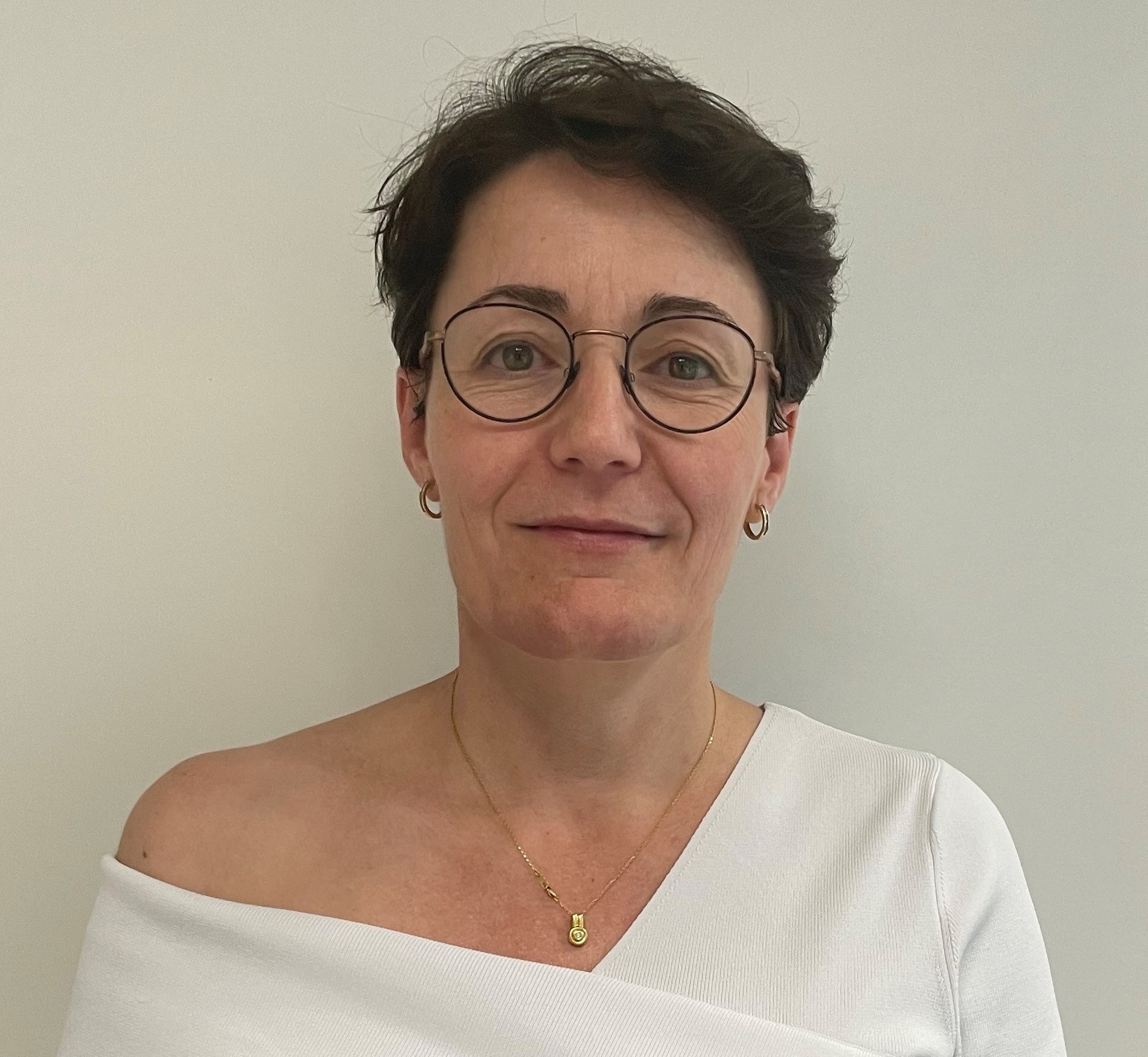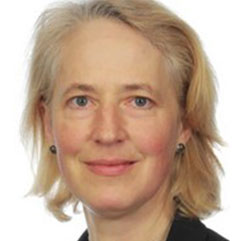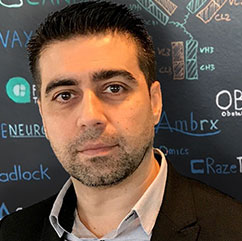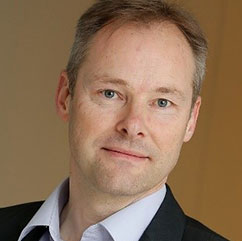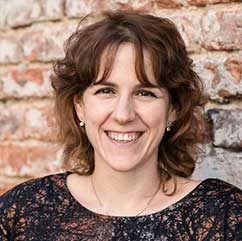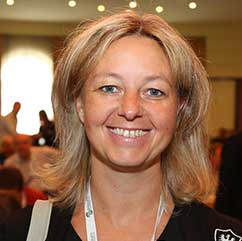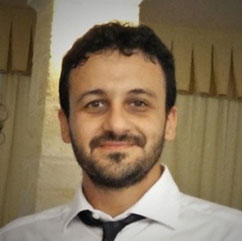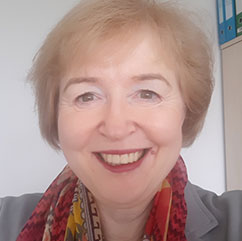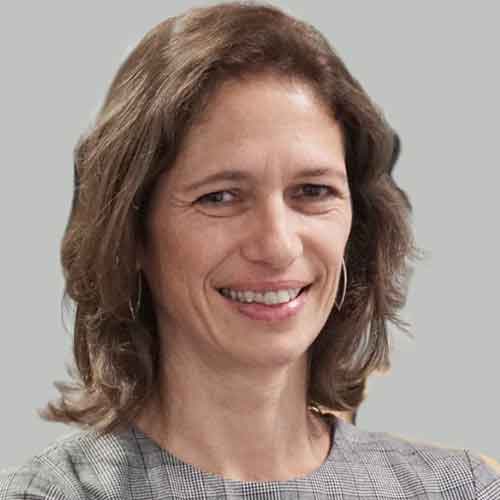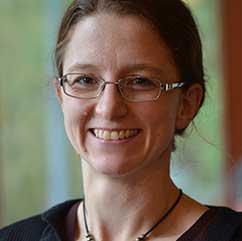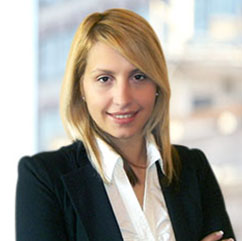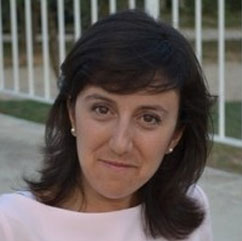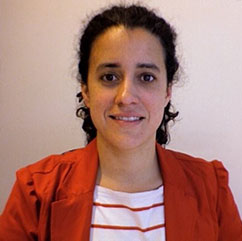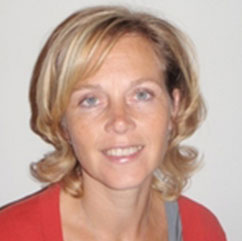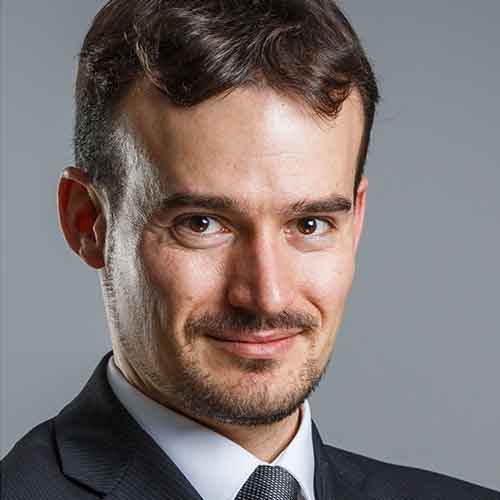This course is for experienced knowledge transfer managers and will introduce the most commonly used terminologies in the venture capital (VC) environment. You will get first-hand information on what venture capital managers would like to see from founders and the Knowledge Transfer Office (KTO).
Designed by an experienced venture capital (VC) fund manager, with decades of experience in knowledge transfer, our experts shall also guide you through how to avoid early mistakes by paying special attention to the situation that founder institutions often bringing to the table: the IP and know-how opportunity.
Why join this course?
Learn how to create win-win situations; knowing the needs of your negotiation partner is key. In this course we offer you the opportunity get first hand information on what venture capital managers would like to see from founders and the Knowledge Transfer Office. What are the VC's needs, requirements and where is room to structure a deal? Alongside these insights, the course will offer practical training on finance and direct interaction with VCs.
Who should attend?
This course is for experienced knowledge transfer managers involved in negotiations with founders and venture capital providers. We shall explore the whole negotiation and agreement process from the Letter of Intent (LOI), via the term sheet negotiation to the closing procedure from a VC manager perspective.
Learning Objectives
- Get first hand information what VC managers would like to see from founders and the TTO
- What are needs of VCs; requirements and where is there room to structure the deal
- Practical training on aspects of finance and direct interaction with VCs for deeper insights and understanding
Course Topics
- What is the VC for? - the role of the VC within the finance structure
- Where is the money coming from?
- Deal Flow
- When and how to approach VC
- Elevator Pitch
- Due Diligence
- Anatomy of a Term Sheet
- Capitalisation Table
- Dilution and its consequences
- Anti-dilution provisions
- Diluted founder
- Programme
- Speakers
- Venue
Programme
-
Wed 18 September 2024
-
09:00 - 09:15 Course introduction
In this opening session the course directors, Martin Raditsch and Claus Schulte will outline what to expect from the days ahead and answer any queries you may have before starting out on three days of intense learning.
-
09:15 - 10:30 What is the venture capitalist for? The role of the VC within the finance structure
A venture capitalist (VC) is an investor interested in private equity investments to start-ups that manifest a high-growth ability in exchange for an equity stake. This could be funding start-up ventures or supporting small companies that wish to expand but do not have access and resources to equities markets.
VCs are prepared to take a risk by investing in such companies because there is a big probability to earn a massive return on their investments if invested companies reach success. However, VCs experience high rates of failure due to the uncertainty that is involved with new companies. Understanding this requirement give you the starting point to create a win-win situation.
Martin Raditsch -
10:30 - 11:00 Break
-
11:00 - 12:00 Where is the money coming from?
The origins of the money spent by VCs, business angels, family offices, strategic investors and others is often opaque to new entrepreneurs. During this session we will discuss the different financial sources that find their way into start-up investments.
Financing Sources
- Private Equity
Become familiar with the terms of public investments and companies which are opened for public exchange as well as private equity, the opposite term and class, used for investors, funds, and companies that do not want to show up on the public market exchange. All capital raised via private equity can be utilised in different ways, for instance; financing new innovative technologies, increase working capital to boost a private company's operations and profit.
- Convertible Loan
A convertible loan term has been mentioned frequently in the investment procedure. We would like to provide a definition of it for clarity among our young entrepreneurs. When a student start-up obtains investment, an investor will provide a short-term convertible loan indicating maturity date, interest, and the right to convert a loan into an equity stake of this company in the long run. The main advantage for entrepreneurs is that a convertible loan, before being transformed into equity, has the same characteristics as a standard loan. But be aware of the main inconvenience: the investor has a priority right at maturity date to claim all kinds of assets from the start-up (tangible and intangible) to recover the loan and interest.
- Angel Investors
Angel investors are accredited people who look for start-ups, in order to invest in at an early stage with their own money and resources. Most countries have an angel investor network.
Inmaculada Valle. -
12:00 - 13:00 Deal Flow
Deal flow is the estimated proportion of business proposals and investment pitches coming and are being received by investment bankers and venture capitalists.
Deal flow is composed of different types of proposals such as: venture funding, syndication, private placements, initial public offerings (IPO), mergers, and acquisitions. Typically, it follows a cyclical pattern and trends unfold throughout society and economic environments.
-
13:00 - 14:00 Lunch
-
14:00 - 15:00 How and when to approach VC
When is the right point in time to Threat Risk Asses (TRA) your scientific project into a company project. What are the needs and the requirements? In this session we will discuss the different possibilities of dilutive and non-dilutive financing.
Jan Adams -
15:00 - 15:30 Break
-
15:30 - 16:00 Elevator Pitch
Elevator pitch is a term commonly used to describe a brief speech that summarises an idea for a product, service or project; it typically lasts for 1-3 mins.
An elevator pitch should include why your product, idea or project is worth investing in by explaining such things as your unique solution and differentiation points.
Venture capitalists use the elevator pitch to decide whether the project has profit potential and whether to continue the exchange with the entrepreneur or not.
Martin Raditsch and Jan Adams -
16:00 - 17:00 Group exercise - Elevator pitch
In this group exercise, each group will be tasked to prepare a 3-minute pitch a panel of VCs.
Martin Raditsch, Claus Schulte, Inmaculada Valle and Jan Adams -
19:45 - 22:00 Networking dinner
-
-
Thu 19 September 2024
-
09:00 - 09:45 Negotiations
Negotiations are an integral part of an entrepreneur’s journey. Be the objective to: obtain a license, agree on remuneration terms with CROs, or to secure the next investment round. Understanding the basic principles will help you to achieve better results and build your confidence.
Anja Zimmermann and Claus Schulte -
09:45 - 11:15 Anatomy of a Term Sheet I
A term sheet is a (partly) non-binding agreement, which includes the basic terms and conditions under which an investment (or license) will be executed. Entrepreneurs might also find this document crucial for attracting additional investors.
The most common items addressed in the term sheet include company valuation, amount of investment, percentage stake, voting rights, liquidation preference, anti-dilutive provisions, warranties and more.
Claus Schulte -
11:15 - 11:45 Break
-
11:45 - 12:45 Anatomy of a Term Sheet II
The trainer will continue unpacking all the requirements of the term sheet.
-
12:45 - 13:45 Lunch
-
13:45 - 14:30 Capitalisation Table
The capitalisation table, also called the “cap table” is a spreadsheet or table that shows the equity capitalisation for a company. Information provided in a capitalisation table is most utilised for start-ups and early-stage businesses, but there are no restrictions on all types of companies using capitalisation tables.
Anja Zimmermann -
14:30 - 15:30 CAP table group exercise
Participants will work in groups; creating a Cap Table based on the case study of a seed financing round they have been given.
Anja Zimmermann, Martin Raditsch and Claus Schulte -
15:30 - 16:00 Break
-
16:00 - 17:15 Group presentation
Participants will present their Cap Tables and discuss different possible outcomes.
-
17:15 - 17:30 Round up of day 2
What did we learn today?
-
-
Fri 20 September 2024
-
09:00 - 10:00 Dilution and its consequences
Dilution is the devaluation of shareholders’ equity due to the creation of new shares. We know that a share of stock represents equity ownership in a company. The consequence of dilution is intricate and often misunderstood by new entrepreneurs. This session will provide you with some in-depth insights into dilution events.
Martin Raditsch -
10:00 - 11:00 Valuation methods
Determining the fair market value of a start-up or even a technology project can be a complex task. There are many factors to consider, but it is an important skill for KTOs and VCs to possess.
How do finance professionals evaluate assets to identify the pre-monetary value? Are there factors, other than objective financial figures, which Influence the evaluation?
In this session we will provide you with a mix of hard and soft factors, which will define the value of such a project. Further insight will be discussed in the panel discussion.
Martin Raditsch -
11:00 - 11:30 Break
-
11:30 - 12:30 Panel discussion: Valuation
There are several methods to evaluate the current and the future value of your enterprise. In this session we will introduce some commonly used methods.
-
12:30 - 12:45 Course wrap-up
-
12:45 - 13:45 Lunch and farewell
-
Speakers
Venue
Venue - UNAHOTELS Bologna San Lazzaro
Via Luigi Fantini 1, San Lazzaro di Savena, Bologna 40068, Italy
Hotel/Reservation
The room rate at UNA Hotel Lazzaro is Eur130.00 inclusive of breakfast.
Room rate is valid for the nights of 17, 18 & 19 September 2024. If you wish to stay longer, kindly email the hotel at Meetings.SanLazzaro@unahotels.it
with ASTP is the subject.
Reservation can be made through these link.
Terms of payment*
• 100% prepayment upon confirmation by credit card; a payment link will be sent by the Hotel.
• City tax and extras can be paid directly at the Hotel.
Terms of cancellation*
• From the confirmation, the reservation is considered confirmed and will be charged in full;
• Early departures/no show will be charged 100% of the total cost.





